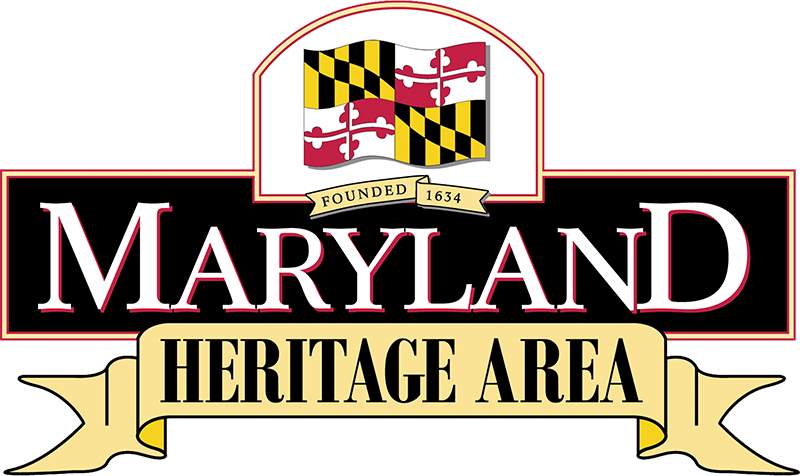Location Details
- Waterford, VA 20132
Loudoun Independent Rangers, the only Union force from Virginia, was raised here in 1862 by Samuel Means, a Waterford miller.
Virginia’s only Union army was created in 1862 when Samuel C. Means, a Quaker and miller from Waterford, was offered a commission to raise an independent cavalry company. Despite the pacifism of their religion, some Quakers from Waterford and Lovettsville took up the fight and enlisted in the newly formed Loudoun Independent Rangers. On the night of August 26th, 1862, the Unionist Loudoun Rangers made their camp at Waterford, with most bivouacked for the evening in the Waterford Baptist Church. Early on the morning of the 27th, they were under Confederate attack. A few hours later, there was one dead on each side, but many lay wounded inside the church. Nineteen Union soldiers and officers surrendered that morning. The capture of White’s nemesis, Capt. Means, however, eluded him because Means had spent the night at a family house and escaped. The fight in Waterford is remembered for literally pitting brother against brother. Capt. Elijah V. White’s 35th Battalion, Virginia Cavalry, known as White’s Comanches, was made up of men from the same area of Loudoun as the Rangers. When the Rangers surrendered outside the church, they surrendered to their former friends, neighbors, and relatives. In fact, two brothers fought on opposing sides in this battle. Later in the war, during Gen. Sheridan’s “Burning Raid” of 1864, Union soldiers burned Waterford barns to deny food for the Confederates and their horses. The village is a National Historic Landmark and is listed on the National Register of Historic Places. [Information from http://civilwar.visitloudoun.org]



